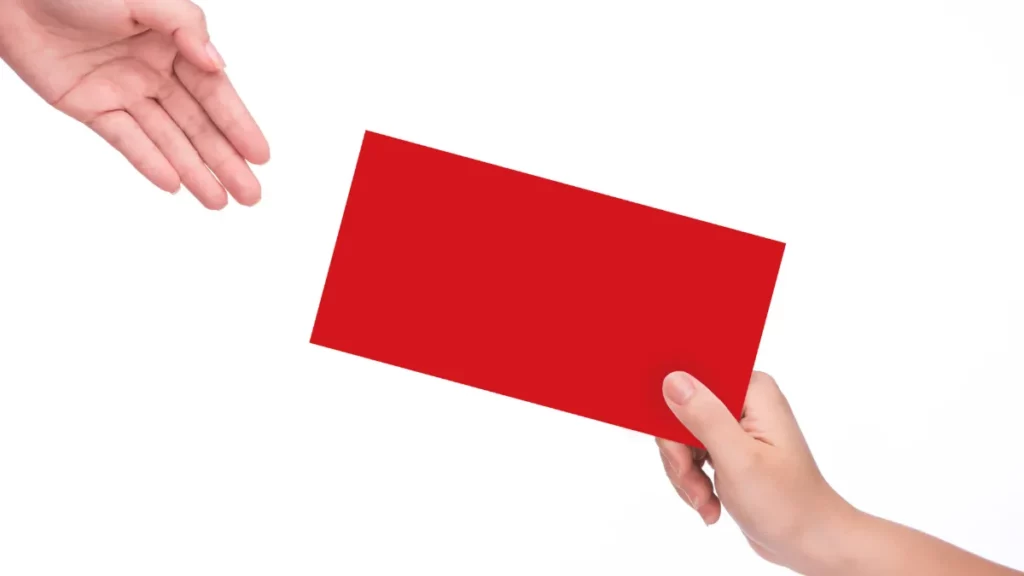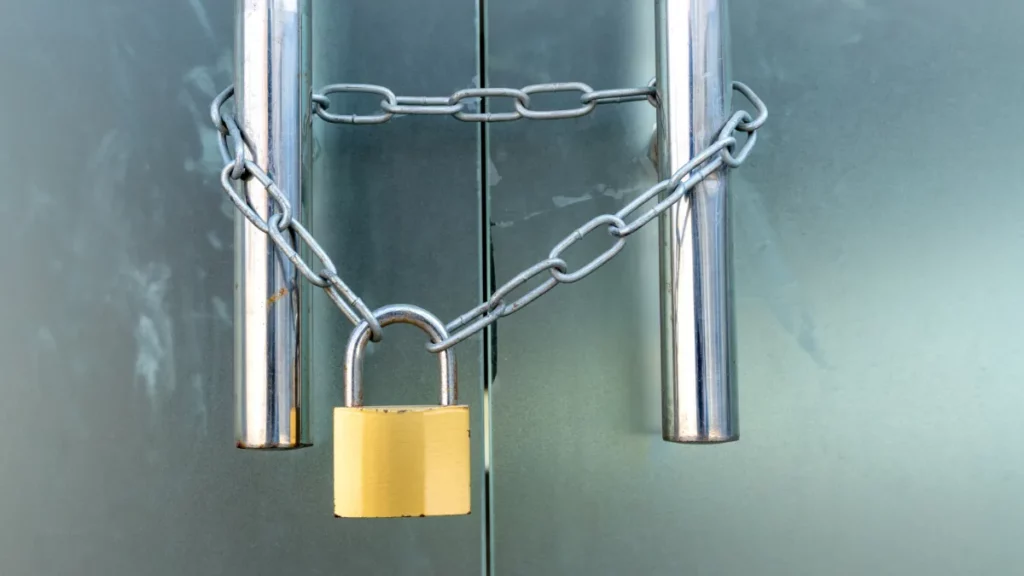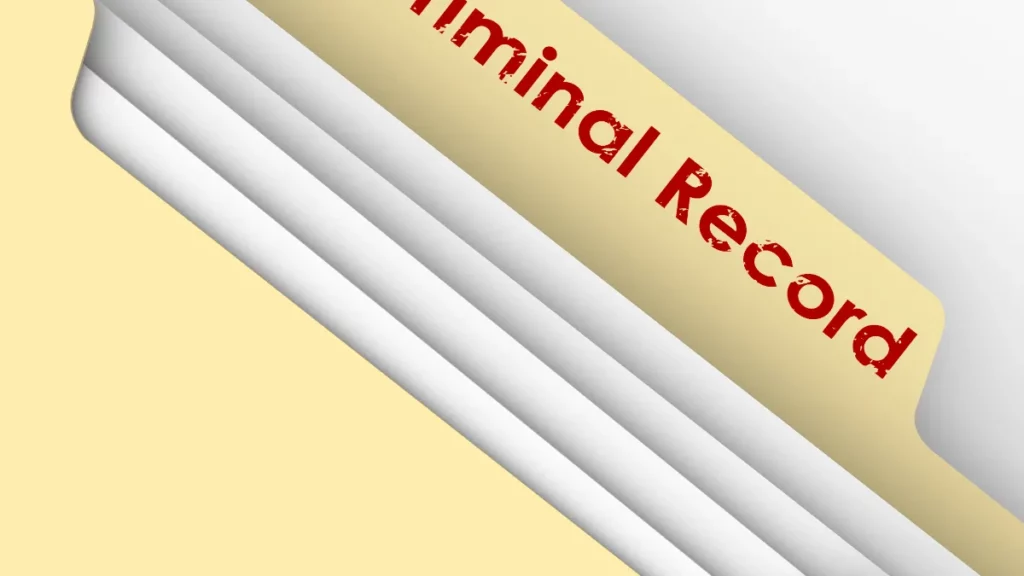
This site is reader-supported. We may earn a small commission if you make a purchase from one of our partners.
No one likes to get a cease and desist letter. But if you’ve been sent one, it’s important to treat it seriously and take the appropriate steps to protect yourself and your business.
In this blog post, we’ll outline what to do if you receive a cease and desist letter, how you should respond to one, and whether you should retaliate with a letter of your own.
Let’s get started.
What is a Cease and Desist Letter?

A Cease and Desist letter is a formal demand from a person or organization that you stop engaging in a specific activity. This activity could be anything from using someone’s trademarked name to harassing behavior to a property dispute.
Cease and Desist letters are usually sent when the sender believes that you are violating their rights in some way, and they want you to stop immediately. They typically include a threat of legal consequences or legal action, and in some cases, the sender may also demand compensation for damages.
Depending on the situation, it can be a good idea to consult with an attorney or law firm to see if you could be on the hook for a substantial judgment if taken to court.
Are Cease and Desist Letters Legally Binding?

A Cease and Desist letter is not a binding legal document. However, such a letter can be used as evidence in a legal case against you.
If you ignore a Cease and Desist letter, the sender may take you to court, where a judge could order you to stop the activity in question and pay damages. In some cases, you may also be ordered to pay the sender’s attorney fees.
It’s important to note that a Cease and Desist letter differs from a Cease and Desist Order, which is legally binding. A Cease and Desist order (also known as a temporary injunction or permanent injunction) is enforceable because it is issued by either a court, government agency, or regulatory body.
Will a Cease and Desist Letter Go on my Record?

No, a Cease and Desist letter will not go on your record. In a recent article we wrote on whether these letters go on your record, we explained that because they are not legal documents and are not legally binding, they will not appear on your criminal record.
However, if you are taken to court and a judgment is made against you, this will end up on the public record, meaning that it could turn up in web search results, potentially damaging your reputation.
Why You May Have Received a Cease and Desist Letter

There are several reasons why people receive Cease and Desist letters, and you will need to read yours carefully to understand the dispute and the demand fully.
However, chances are it fits into one of these three categories:
Property Dispute
A property dispute is one of the most common reasons people receive a Cease and Desist letter. This type of dispute usually arises when someone believes you are infringing on their property rights, whether because you’re building too close to their property line or using their land without permission.
Contract Dispute
A Contract Cease and Desist letter is sent when someone believes that you have breached a contract, whether it’s an employment contract, a non-disclosure agreement, or some other type of agreement.
In this case, the sender will likely demand that you remedy the breach and may also ask for compensation for damages.
Intellectual Property Infringement
An Infringement Cease and Desist Letter is sent when someone believes you are using their intellectual property without permission. An intellectual property lawyer usually sends these letters on behalf of their clients for one of three reasons: trademark infringement, copyright infringement, or patent infringement.
In this case, the sender will likely demand that you stop using their intellectual property and may also ask for compensation for damages.
Harassment
A Harassment Cease and Desist letter is sent when someone believes you are engaging in harassing behavior, whether verbal, physical, or online.
This type of letter will likely demand that you stop the behavior in question, and if taken to court, it may also result in a Cease and Desist order or restraining order.
Defamation
A Defamation Cease and Desist letter is sent when someone believes that you have made false and damaging statements about them, whether in writing (libel) or verbally (slander).
This type of letter will likely demand that you retract the statements in question and refrain from making any new statements.
What To Do If You Get A Cease and Desist Letter

Receiving a demand letter can be stressful. Here’s what to do if you get a Cease and Desist Letter
Don’t Panic
The first thing you need to do is take a deep breath and relax. These letters are often used as a scare tactic, and the claim may be exaggerated.
You should also remember that Cease and Desist letters are not legally binding, which means that the sender can’t force you to do anything.
Take the Letter Seriously
Even though Cease and Desist letters are not legally binding, you should still take them seriously.
Ignoring the letter could lead to further legal action, which could be both time-consuming and expensive.
So, while you shouldn’t panic, you also shouldn’t ignore the letter.
Read The Letter Carefully
Once you’ve calmed down, you need to read the letter carefully. Pay attention to the specific allegations and the sender’s demands. This will help you understand the dispute and what, if anything, you need to do.
You should also take note of any deadlines in the letter. While an individual or business can’t impose legal consequences in a letter, they can use it to time any legal action.
Validate the Claim
After you’ve read and understood the letter, you need to determine if the sender has any valid legal claims.
To do this, you’ll need to review any relevant contracts, agreements, or laws and your behavior. This is the best step to understanding whether you may face any legal repercussions.
Document Everything
If you face possible legal action, you must have all the relevant documentation at your disposal. This includes the Cease and Desist letter and any emails, letters, or other communications between you and the sender.
You should also keep a record of any expenses related to the dispute, such as attorney’s fees, court costs, or damages. If you are taken to court, and you win, you may be able to recover some of these costs from the other party.
Consult An Attorney
If you’re unsure how to proceed, you should get an attorney’s opinion. They will be able to review the letter and advise you on the best course of action.
They can also help you draft a response to the letter if necessary. Remember that attorneys can be expensive and legal fees can quickly add up. You should do as much homework as you can before engaging with a lawyer in person or via phone calls.
Decide How to Respond
Once you’ve consulted an attorney and reviewed the letter, you must decide how to respond.
You have a few options:
- You can take no action and do nothing. This is an option if you don’t believe the sender has a valid claim or if you don’t think the dispute is worth your time and energy. This should only be considered if you feel there is a low chance of being taken to court.
- You can try to negotiate with the sender. This is an option if you want to resolve the dispute without going to court.
- You can draft a response denying the sender’s claims. This is an option if you believe the sender has no valid claim, but you still want to respond formally.
- You can take legal action and file a lawsuit. This is an option if you believe the sender is using this claim as harassment or a scare tactic and want to pursue legal action.
No matter what you decide to do, make sure you take action before the deadlines in the letter expire.
How to Respond to a Cease and Desist Letter

In our recent article, How to respond to a Cease and Desist Letter, we covered everything you need to know about crafting a response.
Here’s a quick summary of the key points:
State Your Position
Once you decide how to respond, you need to state your position.
If you plan to fight the letter, use this opportunity to explain your position and that you will not be bending to their demand.
If you plan to honor their demand, you can state that you have read the letter and plan to change your behavior.
In either scenario, ensure your response is crisp and clear, leaving no room for ambiguity.
Don’t Admit or Deny Liability
While stating your position is crucial, you should neither confirm nor deny liability in your response. If the case ends up in court, this could come back to haunt you. For example, admitting that you made the alleged defamatory statements could be used as evidence against you.
Remain Courteous and Professional
It’s important to be courteous and professional, even in a legal dispute. This can make a big difference if the case goes to court. Plus, it might make the other party more likely to negotiate with you instead of bringing further legal action.
Should I Retaliate With My Own Cease and Desist Letter?

Although you might be angry upon receiving a Cease and Desist letter, it’s unwise to return one in response. Doing so is more likely to escalate the conflict when both parties should be trying to de-escalate.
If you feel that the letter was sent as a scare tactic, a return Cease and Desist letter could be an appropriate response.
Regardless, it’s crucial that you speak to an attorney and get their professional opinion on the original dispute (and your response) before taking further action.
Conclusion
Receiving a cease and desist letter can be a scary experience. But it’s important to stay calm and take the appropriate steps to protect yourself or your business. If you believe the claims made against you are valid, then take steps to stop infringing on the other party’s intellectual property rights. If you don’t think the claims are valid, consult an attorney to discuss your legal options.
If you decide you need to send your own Cease and Desist letter in response, consider using Law Depot. Their online tool makes it quick and easy to generate a quality letter of your own.

Wes Talisman is a freelance journalist who helps answer common legal questions for everyday people. He’s never won a Pulitzer Prize, but he does write a stellar Cease and Desist letter.